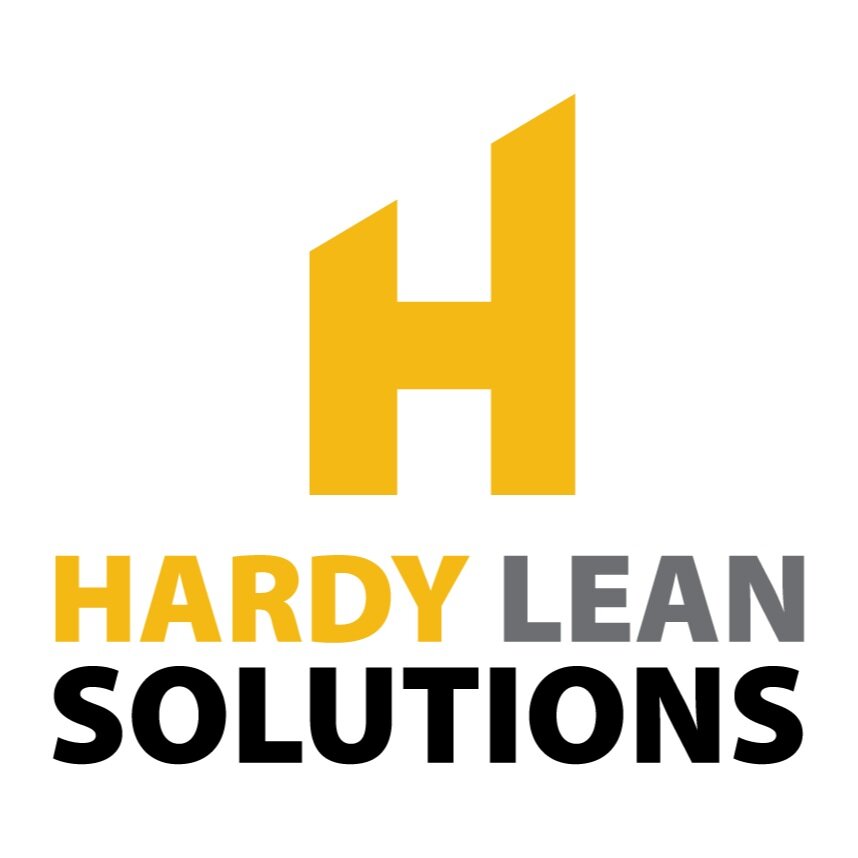In recent years, the world has witnessed an increasing urgency to address environmental concerns and combat climate change. California, known for its progressive stance on sustainability, has taken bold steps towards a greener future. The state's ban on gas-powered equipment, starting with consumer products and gradually moving towards commercial equipment, marks a pivotal moment in the fight against emissions. In this blog post, we will explore the implications of California's groundbreaking decision and the potential impact on businesses in the state and beyond.
1. The Road to a Cleaner Environment:
California's commitment to reducing greenhouse gas emissions and air pollution is evident in its history of implementing forward-thinking environmental policies. The state's initial focus on banning gas-powered consumer equipment, such as lawnmowers and leaf blowers, has already shown significant benefits for air quality and public health. By transitioning to electric and battery-powered alternatives, individuals and households have taken crucial steps towards a cleaner and more sustainable environment.
2. Commercial Equipment: The Next Frontier:
While California's current ban targets smaller gas-powered tools, the logical progression points towards commercial equipment, which also contributes significantly to pollution. As the state pushes forward with its sustainability goals, businesses in various industries, including construction, landscaping, and waste management, may soon face new regulations on gas-powered machinery.
3. Benefits for Businesses:
Though transitioning from gas-powered to electric or battery-powered commercial equipment may present initial challenges, it also offers numerous benefits for businesses:
a. Environmental Stewardship: Embracing eco-friendly practices showcases a company's commitment to sustainability, resonating positively with environmentally conscious consumers and potential partners.
b. Compliance and Incentives: Staying ahead of impending regulations positions businesses to adapt seamlessly when new laws come into effect. Additionally, many states offer incentives and grants for adopting cleaner technologies, easing the financial burden of equipment upgrades.
c. Improved Workplace Environment: Electric and battery-powered equipment often produces less noise and fewer vibrations, enhancing the working conditions for employees.
d. Long-Term Cost Savings: While initial investments may be higher, the long-term cost savings from reduced fuel and maintenance expenses can be substantial.
4. Exploring Alternatives:
To prepare for an inevitable shift towards greener commercial equipment, businesses should consider exploring available alternatives now. Manufacturers are investing heavily in research and development, resulting in an expanding array of high-performance electric and battery-powered options. Partnering with companies that offer modular and customizable solutions, like Hardy Lean Solutions, can address specific needs while aligning with sustainability objectives.
5. Collaborative Solutions for a Sustainable Future:
California's ban on gas-powered equipment is just one step towards a cleaner, more sustainable future. Together, businesses, individuals, and governments can work collaboratively to drive innovation and create solutions that benefit the environment, economy, and society as a whole. By taking proactive steps today, businesses can position themselves as pioneers in sustainability, setting an example for others to follow.
Conclusion:
As California leads the charge towards a greener tomorrow, businesses must prepare for an inevitable shift towards electric and battery-powered commercial equipment. Embracing this transformation presents numerous advantages, from environmental stewardship and compliance to long-term cost savings and improved workplace conditions. By joining the green revolution, businesses can become catalysts for positive change, shaping a sustainable future for generations to come. Together, we can build a better world by embracing cleaner, more efficient technologies and practices.

